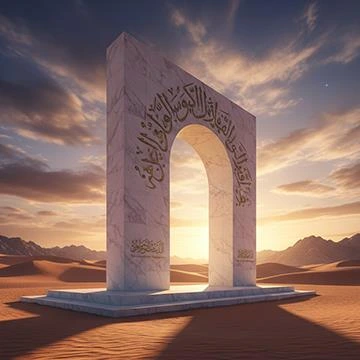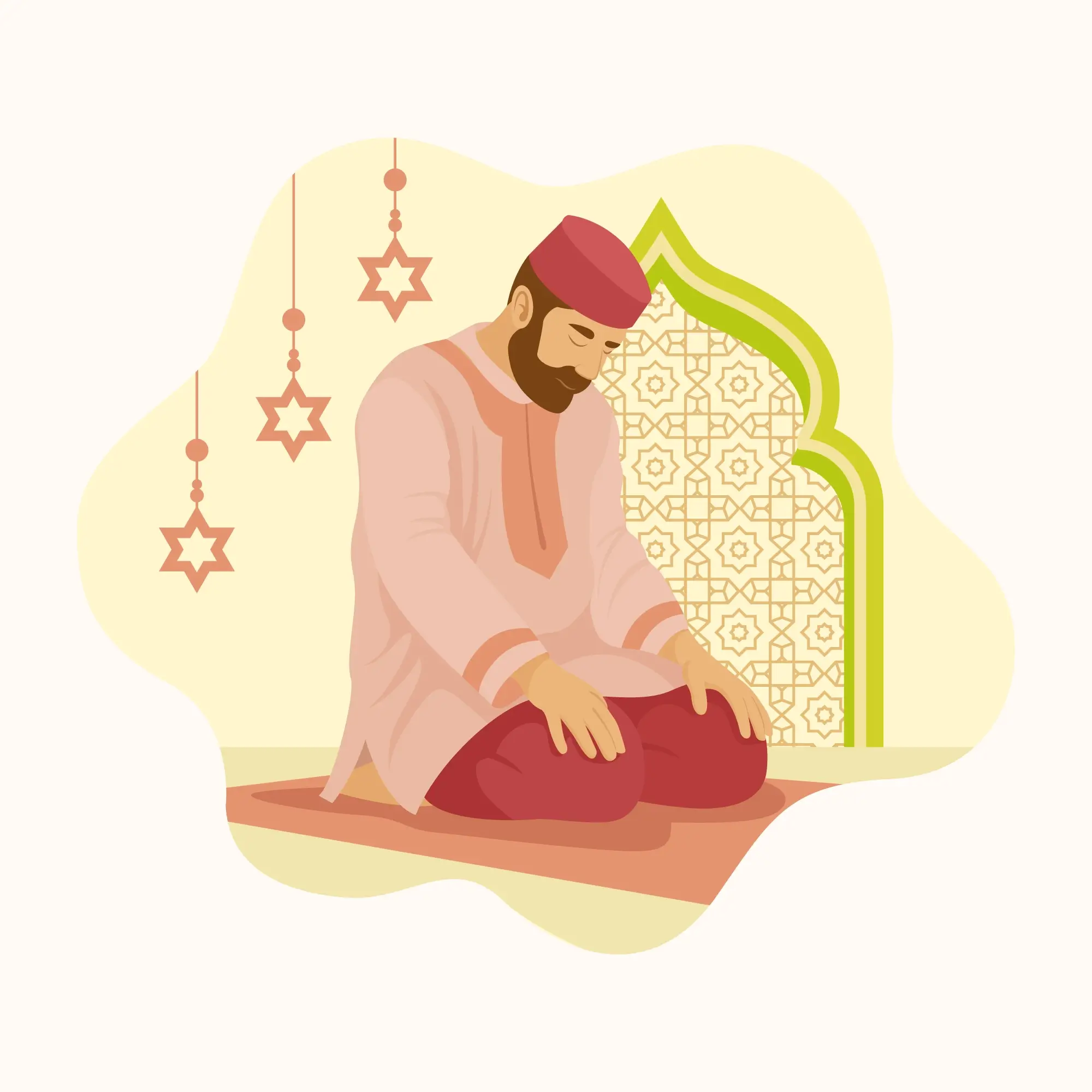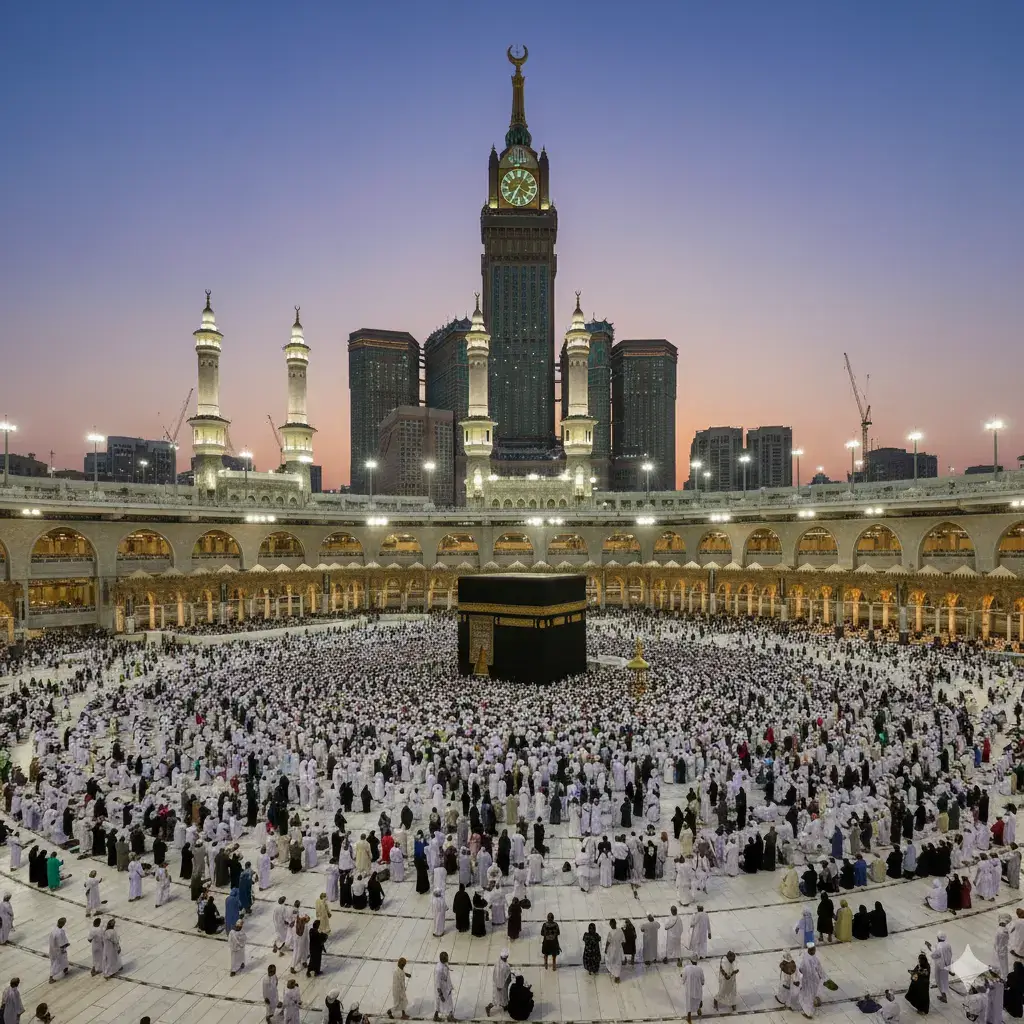Qari For Kids
Typically replies within minutes

The 5 Pillars of Islam
Frequently asked questions
-
What is Salat and what purpose does it serve?Salat is the ritual prayer performed five times daily. It connects Muslims directly with ALLAH, promotes discipline, spiritual reflection, and mindfulness throughout the day.
-
Are the 5 pillars of Islam in the Qur’an?Yes, the pillars are outlined in the Qur’an through various verses, emphasizing faith, prayer, charity, fasting, and pilgrimage as essential acts of worship.
-
How do the 5 pillars of Islam guide daily life?They provide structure, connecting belief with action. Prayer ensures remembrance of ALLAH, charity (zakat) supports the community, fasting builds self-discipline, and Hajj strengthens faith and unity.
-
Can children learn and practice the 5 pillars effectively?Yes, through consistent teaching, guidance, and age-appropriate learning platforms, children can understand and practice the pillars meaningfully from an early age.






